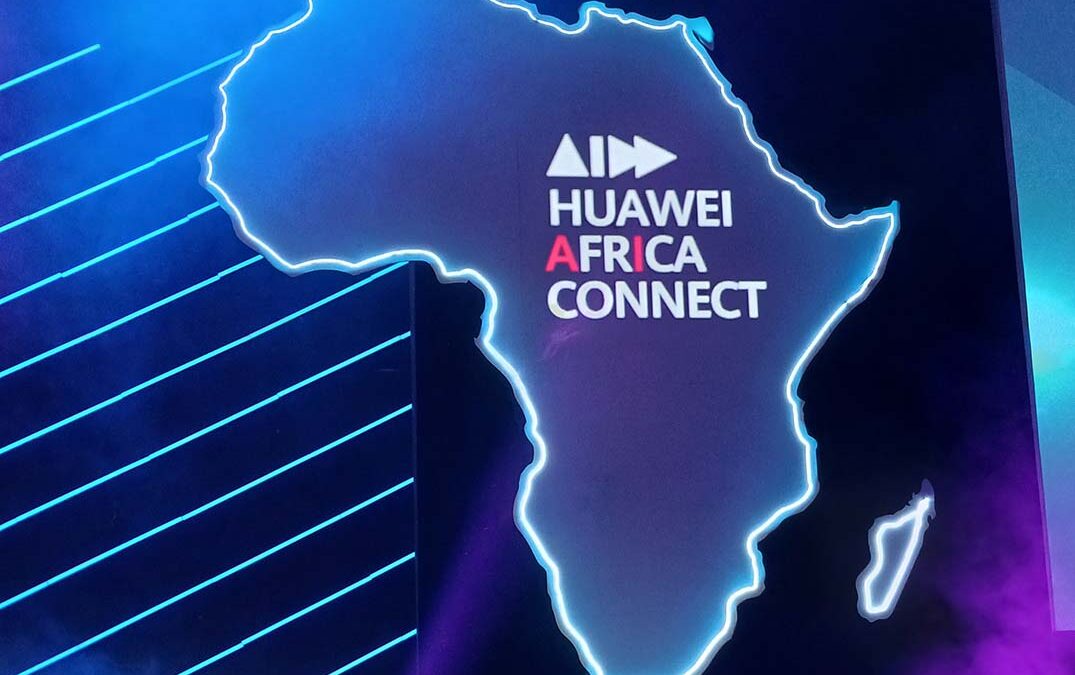Kathy Gibson reports – Africa is alive with possibility, and Huawei is keen to work with governments and businesses to realise the opportunities.
“Globally, the digital economy is growing rapidly,” says David Wang, executive director of the board and chairman of the ICT infrastructure managing board at Huawei.
And this promise is especially pronounced in Africa, with its young population and growing workforce able to seize digitalisation to change the world.
Huawei is keeping pace with the technological changes, Wang adds, investing more than 20% of its revenue in R&D and focusing on new developments in networking, storage, computing and the cloud.
In Africa, the company works with partners to tailor solutions for local companies with different needs, empowering partners with products, tools and favourable terms.
“We continue to invest in innovation in sub-Saharan Africa,” Wang says, pointing to the company’s OpenLab and joint innovation centres as well as ongoing training and professional development initiatives.
Hover Gao, president of Huawei Sub-Saharan Africa Region, says Africa has made an impressive shift from an agriculture economy to digital technology.
“Moving forward, we can make digital transformation the key to enhancing productivity for people, businesses and society.”
He believes that Huawei has a key role in achieving this transformation:
* As the constructor of national digital and intelligence infrastructure. “The goal is universal connectivity on a national backbone underpinned by data centres,” Gao says. Huawei has assisted in the construction of national backbones in 12 countries in Africa, including South Africa.
* The company is also an innovator in the digital and intelligence transformation of African industries with next generation digital baking systems, intelligent distribution systems and cloud computing.
* It is an enabler of industry’s low-carbon footprint, reducing energy consumption for ICT products, and integrating electronic and digital technology.
Victor Guo, president of Huawei SA EBG, argues that the intelligent world is already upon us. “By 2030, the amount of computing power will increase by more than 10-times – and by more than 20-times in Africa.
“By 2030, it will have a $15,7 trillion impact on the global economy, and a $1,2-trillion impact in Africa
“Africa has a young population,” Guo adds. “They are open and eager to learn new technologies.”
He believes that sub-Saharan Africa can grasp a number of unique opportunities.
The first is connectivity, with ubiquitous connectivity the foundation of digitalisation. “In Africa, we have increased from 22% to 40% connectivity – but this is still low and mor needs to happen.”
Computing power also key. This has seen massive increases – it’s gone up by six-times – but is still less than it could or should be.
We are seeing massive growth in data, but studies indicate just 25% of it is being utilised effectively.
“And AI is growing,” Guo says. “There are now 2 400 AI-related companies, but they are not yet aligned to industry needs.”
Underpinning all these technology innovations is the need for talent and skills able to drive growth and development. “Tens of thousands of students have graduated, but there is still a talent gap of about 10-million people, and a 70% gap in AI and cloud skills.”
Guo says that Huawei aims to become a key contributor to building an intelligent Africa, working with government, transportation, finance and power organisations to build infrastructure. “We offer intelligent platforms to bring intelligence to every industry.
The company works with more than 3 000 partners in the region, and aims to leverage these relationships to develop more local solutions.
The company’s partnering model is built on providing innovation, capability and opportunity support.
Skills development is key, Guo adds, and Huawei offers an intelligent talent programme for customers, partners and students with training that includes technologies like big data, AI and IoT.

